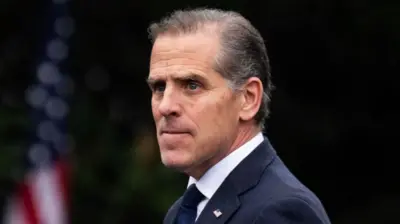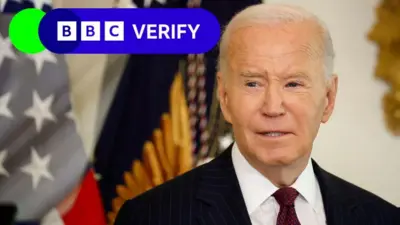We've updated our Privacy and Cookies Policy
We've made some important changes to our Privacy and Cookies Policy and we want you to know what this means for you and your data.
How China is ruled: National People's Congress
National People's Congress
Under China's 1982 constitution, the most powerful organ of state is meant to be the National People's Congress (NPC), China's parliament. In truth, it is little more than a rubber stamp for party decisions.
The congress is made up of nearly 3,000 delegates elected by China's provinces, autonomous regions, municipalities and the armed forces. Delegates hold office for five years, and the full congress is convened for one session each year.
This sporadic and unwieldy nature means that real influence lies within a standing committee of about 150 members elected from congress delegates. It meets every couple of months.
In theory, the congress has the power to change the constitution and make laws. But it is not, and is not meant to be, an independent body in the Western sense of a parliament.
For a start, about 70% of its delegates - and almost all its senior figures - are also party members. Their loyalty is to the party first, the NPC second.
Independence
What actually tends to happen, therefore, is that the party drafts most new legislation and passes it to the NPC for "consideration".
The NPC has shown some signs of growing independence. In a notable incident in 1999, it delayed passing a law bringing in an unpopular fuel tax. It has also been given greater leeway drafting laws in areas like human rights.
The congress also "elects" the country's highest leaders, including the state president and vice-president, the chairman of the government's own Military Affairs Commission and the president of the Supreme People's Court.
But again, these elections are very different from the Western ideal.
Top Stories
More to explore
Most read
Content is not available








